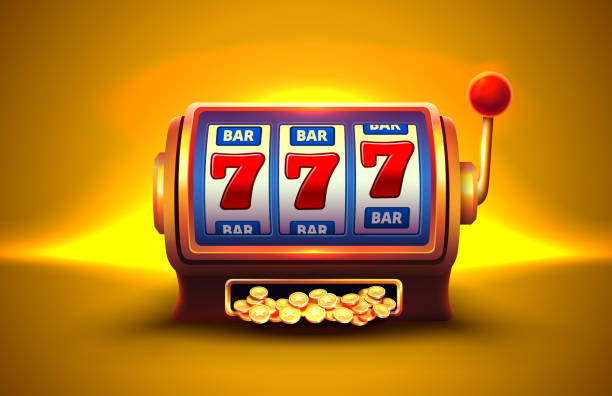The Psychology of Online Slots: Why We Love to Play

Online slots have become one of the most popular forms of entertainment in the digital age. The combination of colorful graphics, engaging sound effects, and the potential for big wins makes them irresistible to many players. But beyond the surface, a complex web of psychological factors drives our love for online slots. Understanding these factors can provide insights into why we play and how online slot designers keep us engaged.
The Appeal of Online Slots
One of the primary psychological appeals of online slots is the promise of instant gratification. Unlike traditional games that require skill and strategy, online slots offer immediate results. The quick turnaround between placing a bet and seeing the outcome provides a rush of excitement, making it easy to get hooked. This rapid cycle of action and reward stimulates the brain’s pleasure centers, releasing dopamine, a neurotransmitter associated with pleasure and reward.
The Illusion of Control
Many online slot gacor hari ini incorporate features that give players a sense of control, even though the outcomes are entirely random. Elements like “stop” buttons, skill-based bonus rounds, and the ability to choose the number of paylines create an illusion of influence over the game’s results. This perceived control can make the game more engaging and can increase a player’s willingness to continue playing, believing they can affect the outcome with their actions.
The Role of Variable Rewards
Online slots use a variable reinforcement schedule to keep players engaged. This means that wins are unpredictable and sporadic, creating a sense of anticipation and excitement. Unlike predictable rewards, variable rewards are more addictive because they make a psychological phenomenon known as the “near-miss effect.” When players come close to winning but don’t quite hit the jackpot, their brain experiences a near-win that is almost as rewarding as a win, encouraging them to keep playing in the hopes of achieving a real victory.
Social and Emotional Factors
Many online slots incorporate social elements, such as leaderboards and multiplayer options, to tap into players’ social instincts. Seeing other players win can create a sense of social proof, reinforcing the idea that winning is possible and encouraging continued play. Additionally, friendly competition with other players can make the gaming experience more engaging and enjoyable.
Escapism and Stress Relief
For many players, online slots provide an escape from the stresses and challenges of everyday life. The immersive nature of the games allows players to temporarily forget their worries and lose themselves in the excitement of the game. This escapism can be particularly appealing during times of stress or uncertainty, providing a mental break and a source of entertainment.
The Importance of Responsible Gaming
While online slots can be a fun and exciting form of entertainment, it’s essential to recognize the signs of problem gambling. Symptoms include chasing losses, spending more time and money than intended, and neglecting personal or professional responsibilities. Understanding the psychological mechanisms that make online slots appealing can help players stay aware of their behaviors and maintain a healthy relationship with gaming.
Setting Limits and Staying in Control
To ensure that online slot play remains enjoyable and safe, it’s crucial to set limits on both time and money spent. Many online daftar DRAGON222 offer features to help players manage their gaming habits by allowing them to access a reliable online slot platform. Utilizing these features can help players stay in control and prevent gaming from becoming problematic.
Conclusion
The psychology of online slots is complex, involving a mix of instant gratification, sensory stimulation, variable rewards, and emotional factors. These elements work together to create an engaging and enjoyable gaming experience that keeps players coming back for more. Understanding the psychological drivers behind online slots can help players make informed decisions about their gaming habits and maintain a healthy balance between entertainment and responsibility.



